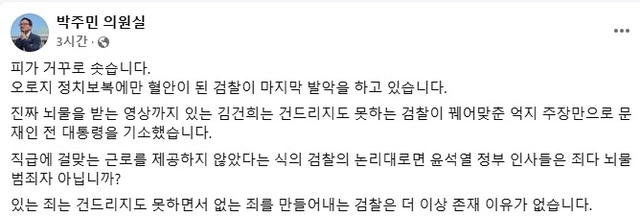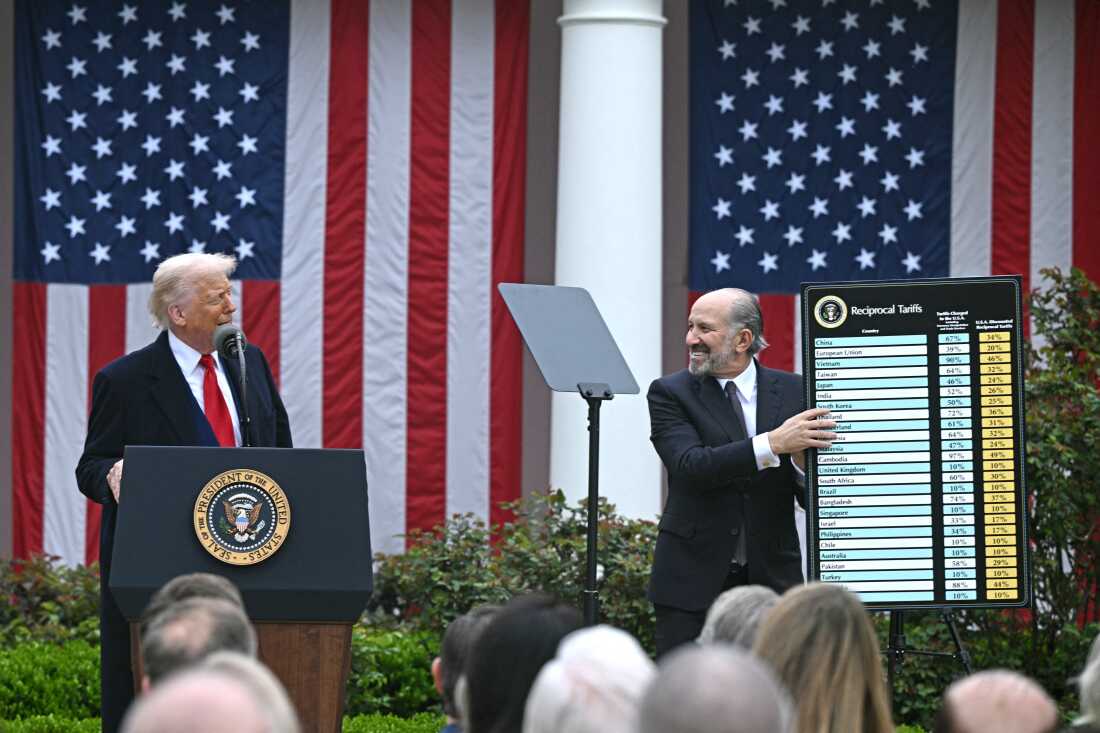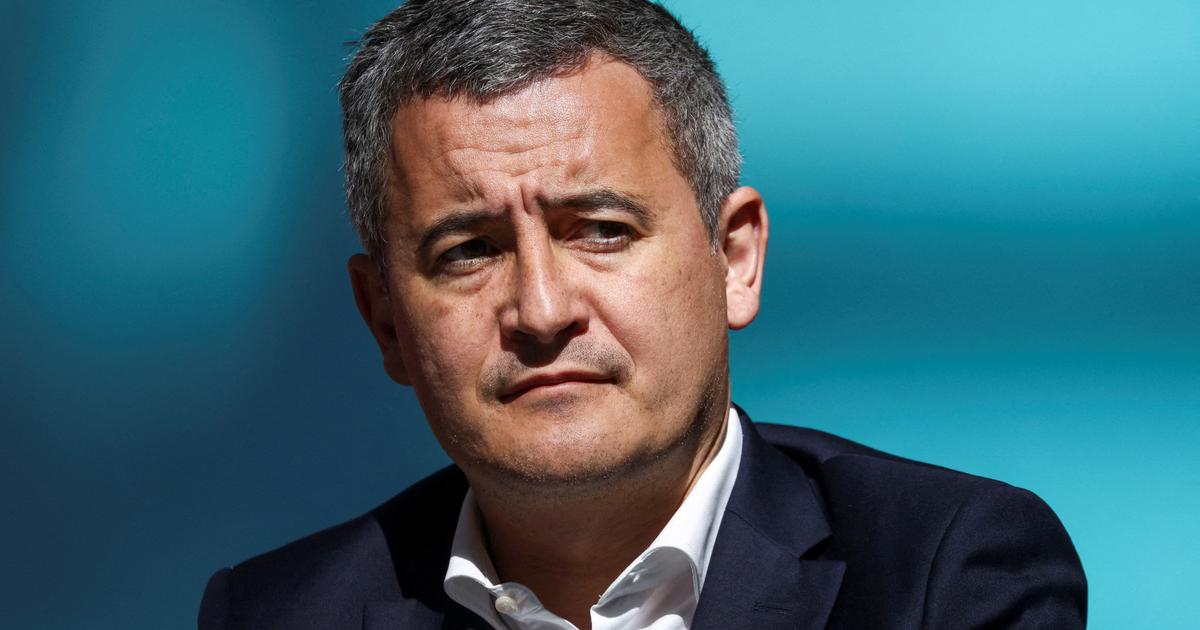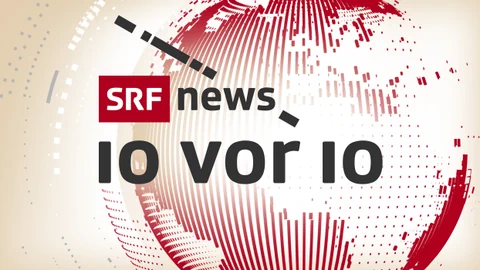South Korean Political Feud Intensifies as Former President Moon Jae-in Faces Bribery Allegations
A bribery case against former President Moon Jae-in sparks heated debate, raising questions about prosecutorial overreach and political motivations.
The political landscape in South Korea is becoming increasingly fraught as former president Moon Jae-in faces accusations of bribery, triggering a fierce backlash from his Democratic Party allies. The allegations center around claims that Moon improperly benefited his son-in-law, seo Mo, during his time in office. The prosecution asserts that Moon received approximately 217 million won (roughly $165,000 USD) in benefits for Seo, including salary and housing, after Seo was allegedly appointed to a key position.
Democratic Party lawmakers Decry “Political Retaliation”
The charges have been met with strong condemnation from within the Democratic Party. Representative Park Joo-min took to Facebook to voice his outrage, stating, “The prosecution, which is only in political retaliation, is in the last.” Park’s post reflects a growing sentiment among Moon’s supporters that the examination is politically motivated and designed to tarnish the legacy of the former president.
Park further asserted, “Kim Kun-hee (Mrs.), who even receives a real bribe, prosecuted former President Moon Jae-in just forced by the prosecution that he could not touch.” this refers to separate, ongoing allegations against the current first Lady, Kim Kun-hee, highlighting what Moon’s allies see as a double standard in the request of justice.
The accusations against Moon are particularly sensitive given the history of political prosecutions in South Korea, where former leaders have often faced legal challenges after leaving office. This history fuels the perception that the current investigation is part of a broader pattern of political score-settling.
The Bribery Allegations in Detail
The heart of the prosecution’s case rests on the claim that Moon effectively received “economic benefits” by allegedly ceasing to support his daughter, Dahye, financially, once his son-in-law secured a lucrative position. The prosecution argues that the financial gains accruing to Seo Mo indirectly benefited Moon by alleviating his personal financial responsibilities.
Representative Park dismissed this logic, stating, “If the prosecution’s logic that it did not provide work for the position, the goverment officials are all bribery.” He added,”There is no reason for the prosecution that creates a sin without a sin.”
Adding fuel to the fire, the Jeonju Prosecutors’ Office 3, led by Prosecutor Bae Sang-yoon, formally accused Moon of violating the specific economic weight punishment law. Former lawmaker Lee Sang-jik, accused of providing the alleged bribe to Moon, faces similar charges.
Legal Proceedings and Potential Implications
With the prosecution filing a complaint with the Seoul Central District Court, the legal process is now underway. The trial promises to be a high-profile affair, attracting important media attention and further polarizing public opinion. The outcome of the trial could have far-reaching consequences for South Korean politics, potentially impacting the balance of power between the ruling party and the opposition.
The case also raises critically important questions about the role of the prosecution in South Korea and the extent to which it is indeed insulated from political influence. Critics argue that the prosecution’s broad powers and lack of accountability make it vulnerable to abuse, while proponents maintain that it is indeed essential for upholding the rule of law and combating corruption.
Counterarguments and Perspectives
While Moon’s supporters decry the investigation as political retaliation, others argue that the prosecution is simply fulfilling it’s duty to investigate potential wrongdoing, regardless of the individual’s political standing. They point to the importance of upholding the principle of equality before the law and ensuring that no one is above scrutiny.
Furthermore, some analysts suggest that the investigation is part of a broader effort by the current administration to root out corruption and reform the country’s political system. They argue that Moon’s administration may have been overly lenient in dealing with allegations of misconduct, and that the current government is simply taking a more assertive approach.
Echoes of Past scandals: A comparative View
The bribery allegations against Moon Jae-in evoke echoes of past political scandals in South Korea, including the impeachment of former President Park Geun-hye in 2017. Park’s impeachment, triggered by a massive corruption scandal involving her close confidante, Choi Soon-sil, underscores the deep-seated challenges of corruption and cronyism that continue to plague South Korean politics.
In the United States,comparisons can be drawn to instances where former presidents have faced legal scrutiny after leaving office. While the specific charges and political contexts may differ, these cases highlight the enduring tension between accountability and the potential for politically motivated prosecutions. The investigations into former President Trump, for example, have sparked similar debates about prosecutorial overreach and the fairness of the justice system.
| case | allegations | Outcome |
|---|---|---|
| Park Geun-hye (South Korea) | abuse of power, bribery | Impeached and removed from office |
| Donald Trump (United States) | Various allegations including obstruction of justice and campaign finance violations | Multiple investigations, no convictions to date. |
| moon Jae-in (South Korea) | Bribery | Trial pending |
The Impact on U.S.-South Korea Relations
While primarily a domestic issue, the political turmoil in South Korea has the potential to indirectly affect U.S.-South Korea relations. Political instability and uncertainty can create challenges for diplomatic engagement and cooperation on key issues such as North Korea, trade, and regional security.
The united States has a strong interest in maintaining a stable and democratic South Korea,as it is a vital strategic ally in the region. Any significant weakening of South Korea’s political institutions or erosion of public trust could have negative consequences for the U.S.’s broader foreign policy objectives.
FAQ: Understanding the Moon Jae-in Bribery Case
- what are the specific bribery allegations against former President Moon Jae-in?
- Moon is accused of receiving approximately 217 million won (around $165,000 USD) in benefits indirectly through his son-in-law, seo Mo, who allegedly received preferential treatment in employment and compensation.
- Who is Kim Kun-hee, and why is she relevant to this case?
- Kim Kun-hee is the current First Lady of South Korea. Representative Park Joo-min referenced her to highlight what he perceives as a double standard, alleging that she has also been implicated in bribery cases but has not faced the same level of scrutiny as Moon.
- What is the “specific economic weight punishment law” that Moon is accused of violating?
- This law likely pertains to punishments for specific economic crimes, potentially involving abuse of power or corruption. The exact details would depend on the specifics of South Korean legislation.
- What are the potential political implications of this trial?
- The trial’s outcome could significantly impact the balance of power between the ruling party and the opposition, further polarizing South Korean politics and potentially affecting U.S.-South Korea relations.
- Where will the trial take place?
- The trial procedure for former President Moon will be conducted in Seoul, as the prosecution filed a complaint with the Seoul Central District Court.








